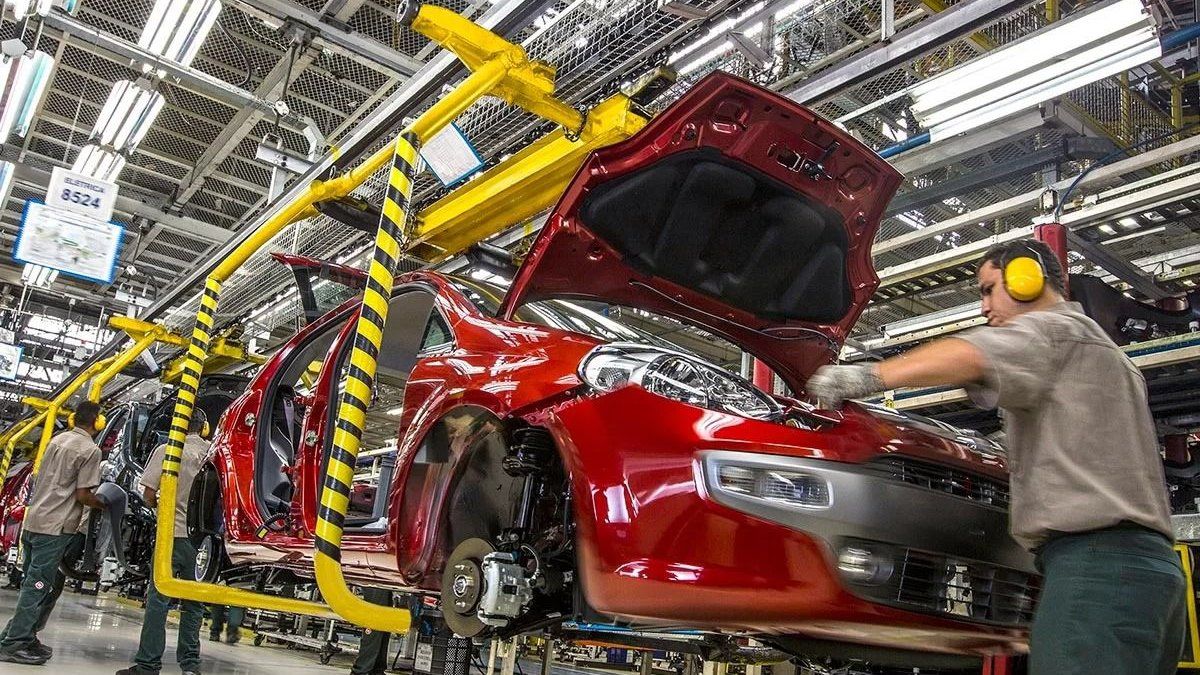The Ministry of Industry and Productive Development launched the new tax bonus regime for the Capital Goods industry, which presents greater incentives for companies that invest in technological changes. It is the so-called Capital Assets regime 4.0 which, according to the agency in charge of José Ignacio de Mendiguren, “has the objective of favoring the change in the productive structure of Argentina.”
Companies will be able to access the annual tax credit Bonus for an amount equivalent to the following concepts:
– Profits: 40% of the value resulting from multiplying the total Income Tax of the fiscal year immediately prior to that of the request by the percentage of invoicing of the sale of manufactured goods included in the regime.
– Research + Development: 80% of the amount of investments made in R&D for up to 2.5% of the billing of the sale of self-manufactured goods in the case of MiPyMEs and up to 2% of the billing made for said concept for the rest of the companies.
– Exports: 60% of export refunds authorized for products included in the tariff items of Capital Goods.
– Quality standards: 30% for MiPyMEs and 15% for the rest, of the sum of the benefit amounts received by way of reduction of employer contributions and the benefit on income tax, for those companies that prove continuous improvements in quality of its products and/or processes, through the certification of quality standards.
In addition, the new regulations regulate the implementation of the Fund for Development and Investment in Advanced Manufacturing (FONDIMA) to finance productive investments related to the activity promoted by the regime, as long as they are innovative, of high quality and promote exports; as well as to strengthen the associated scientific and technological system. FONDIMA will be integrated with a contribution of 3% of the profit received by the companies.
The Secretary of Industry indicated that “this regime is a federal and transversal industrial policy for a sector that is the mother of all industries, and it has a direct impact on many provincial economies and on many productive sectors”. De Mendiguren stressed the importance of providing “concrete tools so that companies can continue to grow and contribute to the change in the productive structure”.
The regime also contemplates a 90% reduction in employer contributions for MiPyMEs on the total payroll and 70% for the rest applied to those employees who are affected or affected by the manufacture of capital goods.
Source: Ambito




